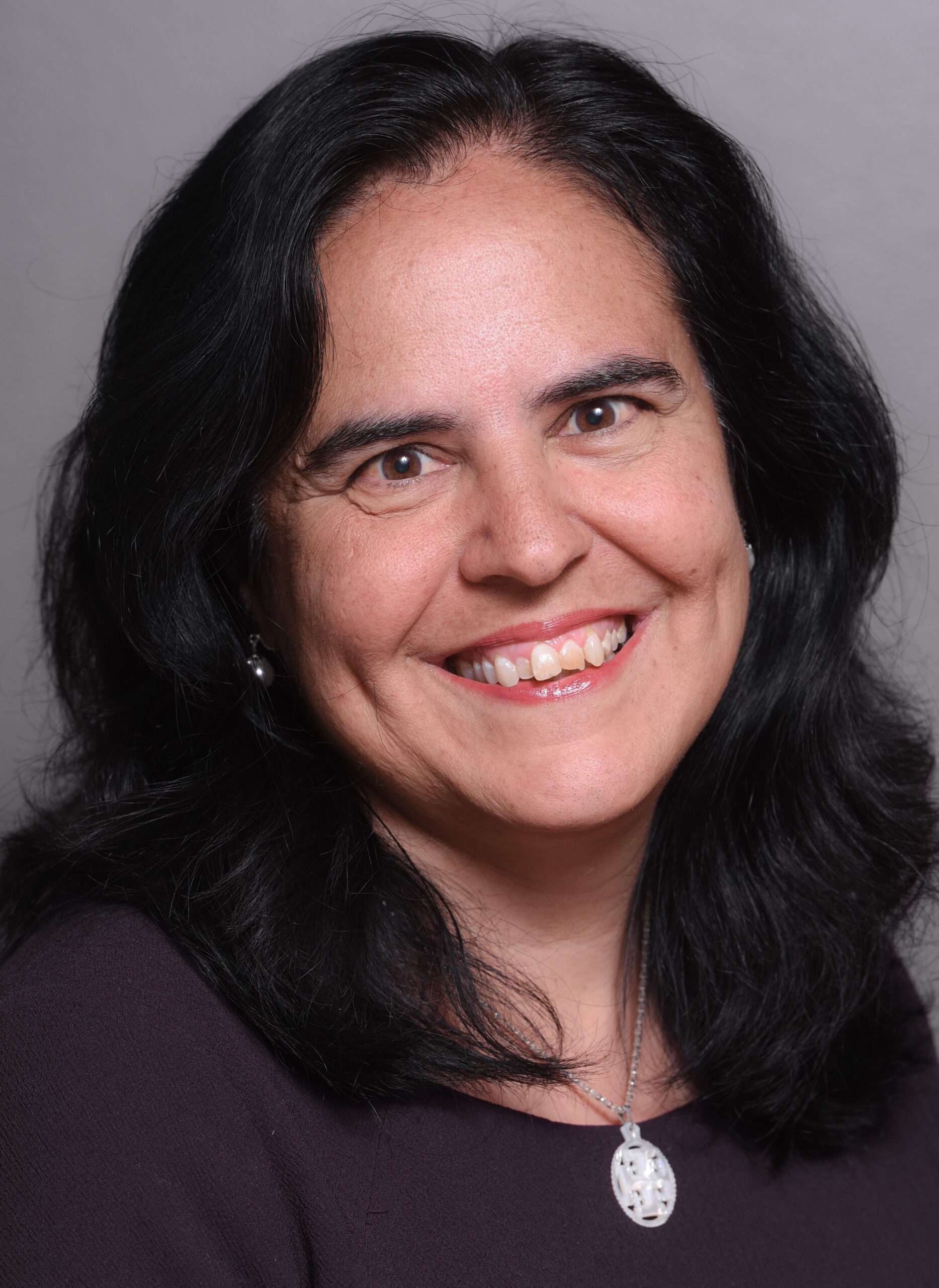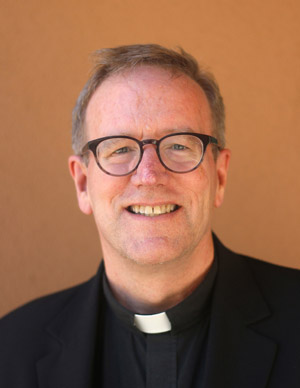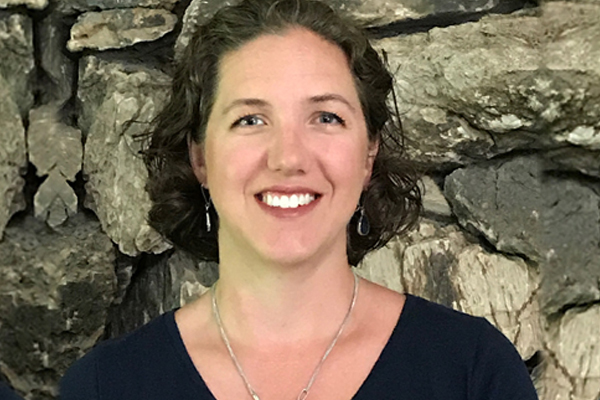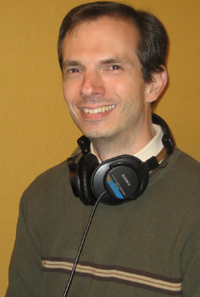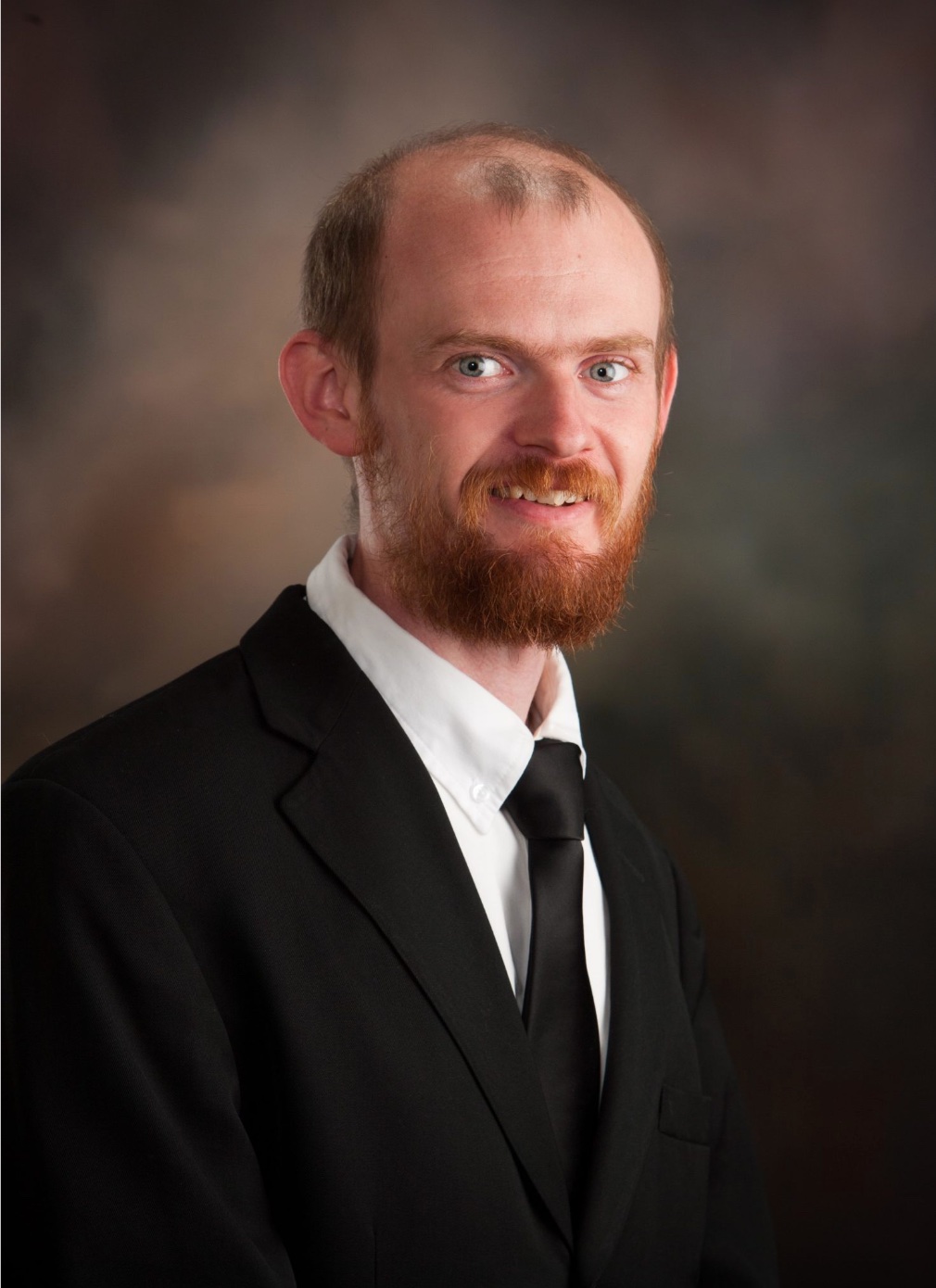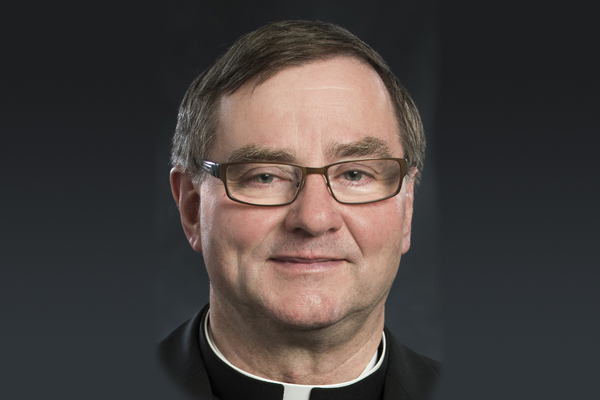Columns
May musings on Mary, emergence of spring
How do you celebrate May Day and all it stands for, in an (increasingly) concrete jungle, like the asphalt-covered downtown area where I now live? Just take a walk and look around.
Congratulations: Gratitude in ordinary times
In the afterglow of Easter joy, parish bulletins now burst with joyful announcements that spring Baptisms, First Communions, and Confirmations are being celebrated on grace-filled days in churches near and far.
St. George and the generative chaos of children
On April 27, our family (belatedly) celebrated St. George’s Day. My husband (English) launches the same lecture series every spring when the patron saint of Ireland garners worldwide attention (it may have something to do with the green beer), while the feast of England’s dragon-killing patron goes largely unnoticed in this country. Thus, we must compensate.
He saw the cloths and believed
The Gospel for Easter Sunday is from St. John’s account of Easter morning (John 20:1–9). We are told that Mary Magdalene arrives at the tomb very early in the morning while it is still dark.
Christ’s resurrection surpasses his passion
It can seem like the transition from Lent to Easter is more relief than rejoicing. After sticking with, or starting over and over, our Lenten asceticism, we shift to singing “alleluias” without deeper awareness. Glad the 40 days of sacrifice is over, I think we often forget that the church calls us to 50 days of Easter celebration.
Become a model of Christlike mercy
Several years ago, The Christophers published a News Note entitled “Become a Model of Christlike Mercy.” Since this is the weekend of Divine Mercy Sunday, it seems appropriate to share some excerpts from that reflection.
You are welcome at our table
In February, I went to Reserve to interview Sr. Felissa Zander, who has served in various capacities at St. Francis Solanus Catholic School for six decades.
Encountering the Eucharist on pilgrimage
This is the final article in a series on the Eucharistic Revival taking place across the nation. The initiative culminates in a National Eucharistic Congress in Indianapolis this summer.

